Do you need a "real" piano to get started in lessons?
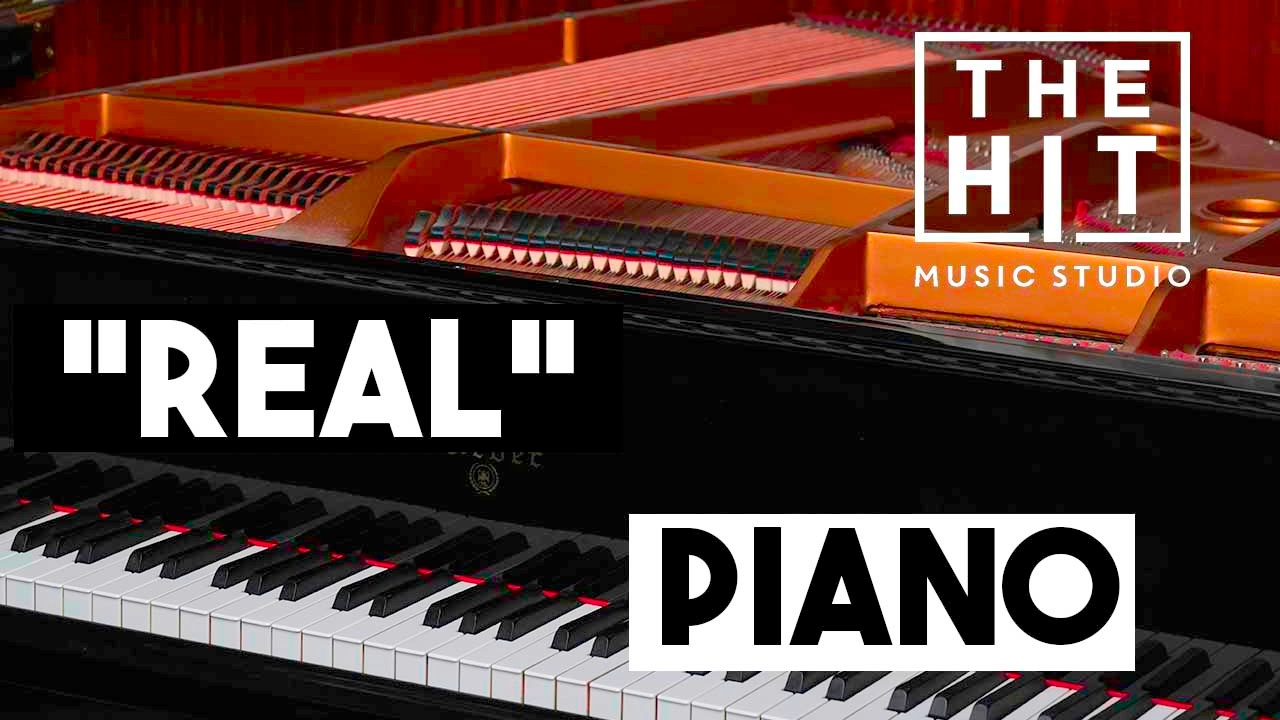
We often have customers ask us whether they should buy a “real” piano for their child who is about to begin lessons. We know that making the commitment to a big purchase like a piano can be quite intimidating. We’d like to help you answer that question!
What is a real piano?
The first aspect we’ll have to get straight is what a “real” piano is. When people think of a real piano, they’re probably thinking about those huge, beautiful instruments made mostly of wood that don’t require electricity to create music. These pianos, which are known as acoustic pianos, can easily cost thousands of dollars and take up a ton of space in your house. That thought alone can turn parents off to the idea of enrolling their children in lessons!
But there is good news in store: you don’t NEED to spend thousands to let your children experience the joy of learning to play piano. Even though they are wonderful and have many distinct features, the bottom line is that they are just not necessary for beginn...
Tips on finding the perfect piano for a beginner - Piano Lessons for Beginners
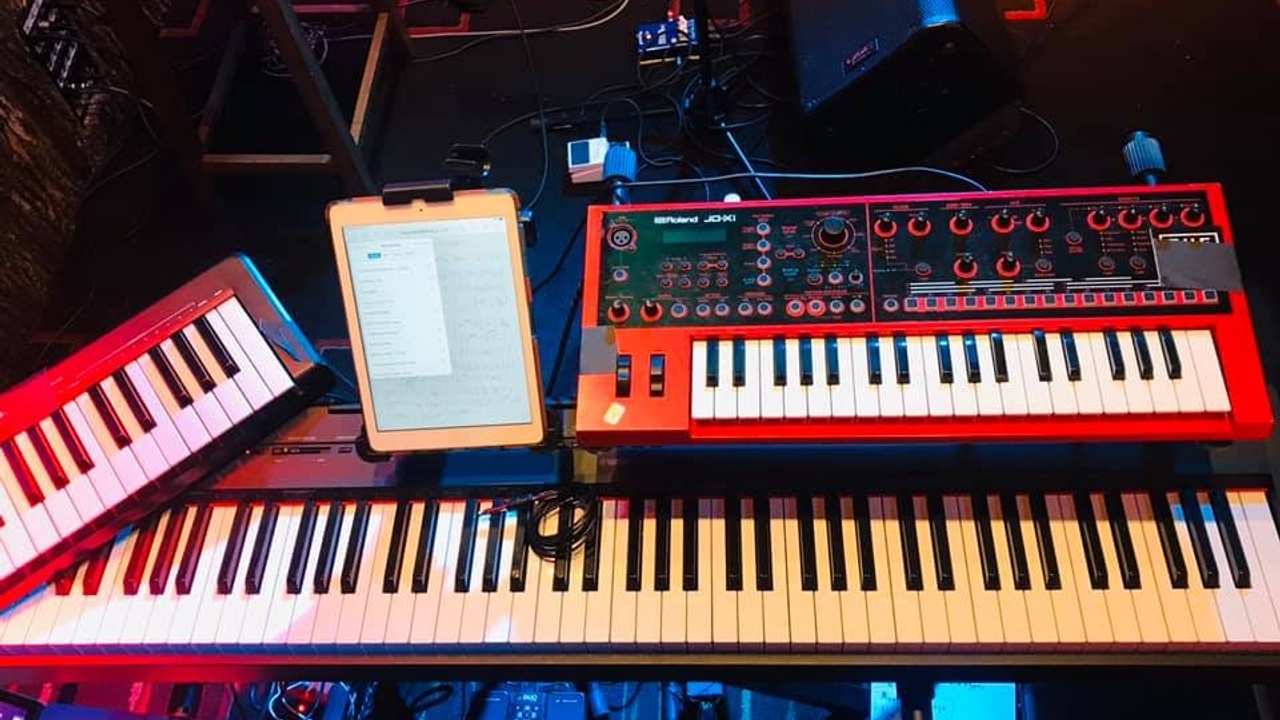
We hear it all the time: “I don't want to invest in a piano for music lessons until I know if my child will stick with them!”
It makes a lot of sense. First, it is wise to be financially prudent, and secondly, no one needs a closet full of forgotten musical instruments. But while we understand the hesitation most parents have in purchasing a music instrument for lessons, we also see an evident lack of progress when a student cannot practice at home.
So here is our best advice:
To get started, try to get a loaner keyboard or piano from a friend or family member! Many people have instruments at home that are unused. A great strategy can be to mention in your social media posts that you are looking to borrow an instrument for a short time (like a month) so your child can get familiar with how music lessons work before making a purchase.
Once you have more certainty that the student will enjoy taking music lessons, our suggestion is to match the student's ability to the instrument that...
Your child is not practicing! This might be why! - Music lessons tips for parents
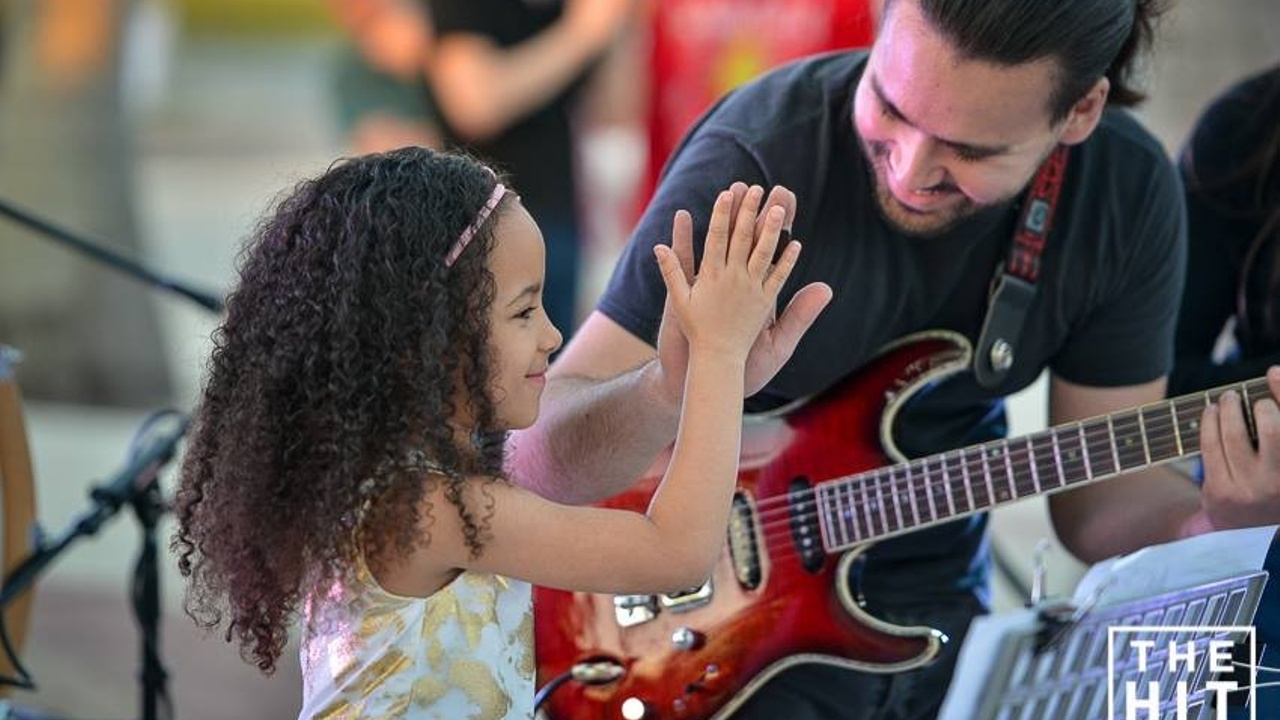
The saying "practice is the mother of all skills" holds particularly true in music. Is your child not practicing enough or at all? Please continue reading for our best advice on how to change this quickly and easily.
In this article, we’ll discuss:
- Why is your child not practicing?
- How often should my child practice?
- What does a practice routine look like?
- What happens when you take lessons without practicing regularly?
- Additional resources to ensure accountability in your child's practice routine.
Why is your child not practicing?
Having goals in life is great! But without a proper habit to work on our goals, most of us tend to fail at our efforts to change our lives for the better. It takes deliberate actions to create these habits. Many kids find it difficult to sit down for long periods of time, especially if they aren’t yet invested in what they are learning. However, when kids start to see the progress that comes with consistent practice, it leads to more growth and a...
Do you need a sustain pedal when taking piano lessons at The Hit? Wait! What is a sustain pedal?
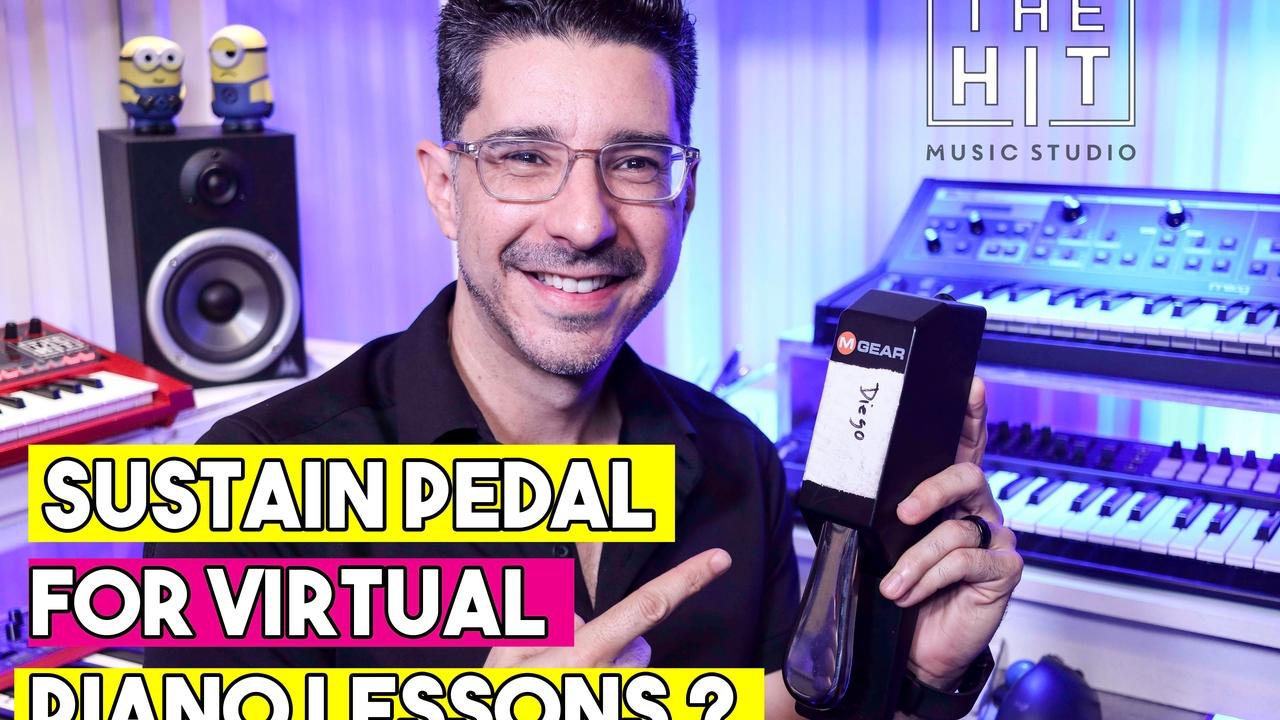
Sustain pedals are great! So why are they not included with most keyboards and digital pianos? Simple: because you won't be using them that much in your first months of taking lessons.
In this article, we will discuss:
- What is a sustain pedal?
- Do I really need one?
- Which one should I get if I would like to purchase one?
- Extra tip: What to do if your keyboard or piano gets "stuck" when connecting a sustain pedal
So what is a sustain pedal?
A sustain pedal is a great addition when taking piano lessons at The Hit. First, let's give you a simple explanation. A sustain pedal makes the note sound longer without having to keep pressing the key.
Now let's get a bit technical: on an acoustic piano, the sustain pedal moves a series of dampeners away from a piano's strings. These dampeners are designed to touch the string and stop it from vibrating, essentially killing the sound right after your finger is removed from the key. When the dampeners move away from the string, the sound wi...
Singing lessons for beginners - What is the best age to start singing lessons?
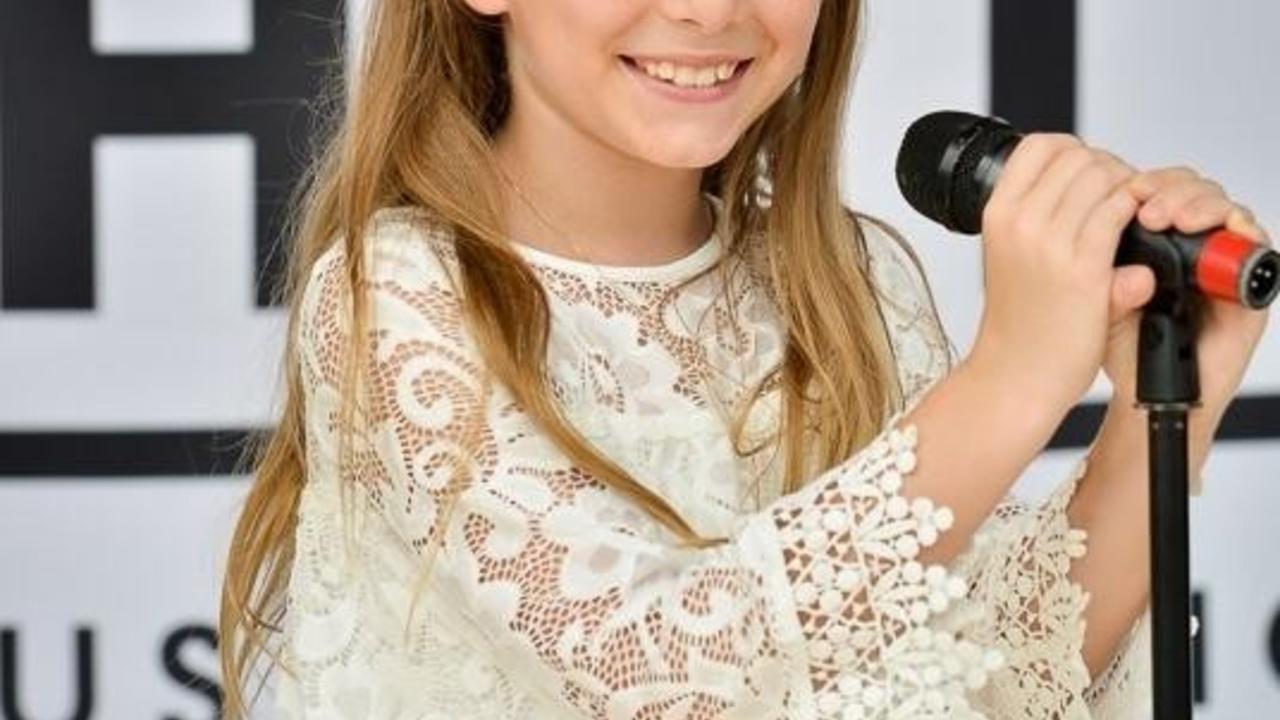
If you’re wondering what a good age to start singing lessons is, you are likely already on the path to help your child learn how to do it safely. Of course, most of us can "sing" from a very early age, but that doesn't mean our instincts will lead us to do it correctly, especially when we are young.
From humming a nursery rhyme to belting out a Whitney Houston song, the demands each song places on our voices will vary greatly. Most parents are usually unaware that our vocal cords have no nerves preventing them from warning us of misuse or strain.
So first things first: if your child loves to sing and wants to sing, make sure they take lessons with a professionally-trained vocal coach. After more than a decade in the business, we will give you our best advice so you can make an informed decision when you sign up for voice lessons. Our advice to all parents is simple—make sure your child has proper vocal training if they are or will be singing regularly.
While a vocalist can work at t...
What is the best age to start piano lessons? Piano Lessons for Kids under 7 years old
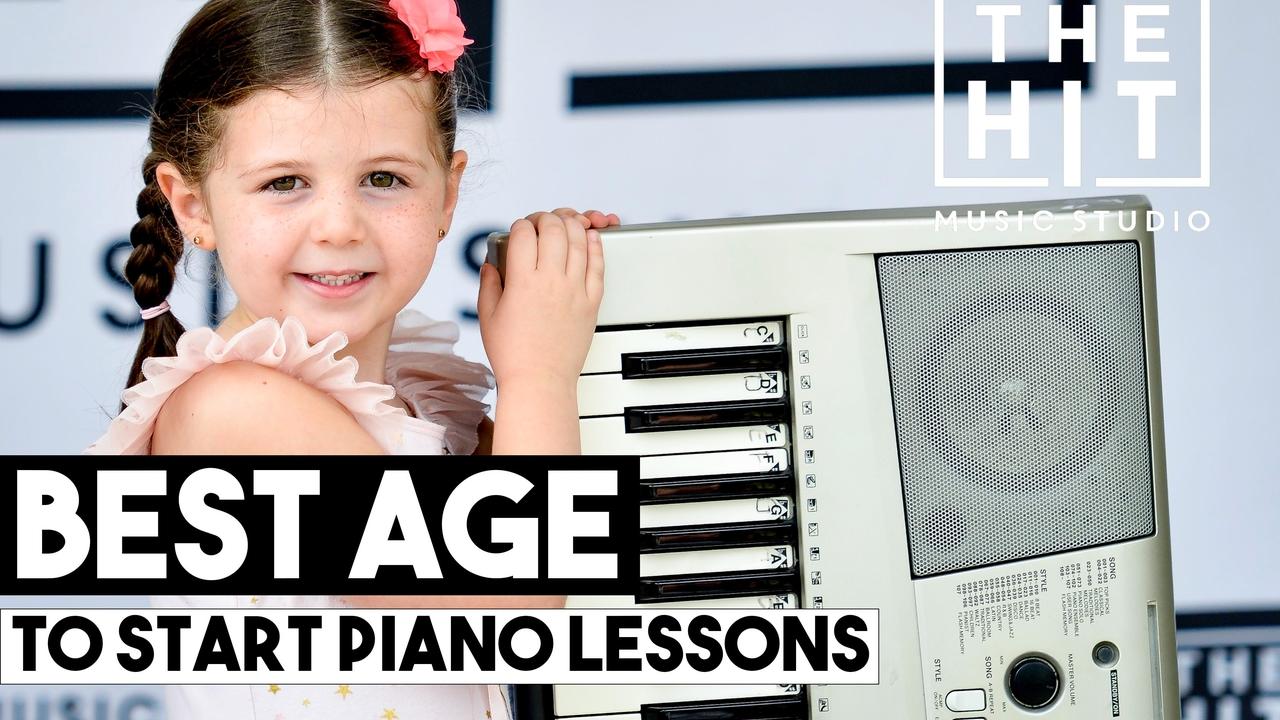
So what is the best age to start piano lessons?
That is a great question and is one that we usually answer at our studios weekly or even daily.
Let's start with a simple answer: first grade or seven years old is a great age to get started on piano lessons!
So how can you decide if your child is ready for piano lessons, especially if they are younger than 7? We understand that all students have unique abilities, so here are a few guidelines that might give you a better idea of what to look for in your child to decide if they are ready for lessons.
What is the minimum age that my child can begin piano lessons?
At The Hit, the minimum age for our private piano lessons is normally five years old.
The piano is a very visual instrument with a fairly straight-forward approach to sound production. The beginning of piano playing usually requires our hands to be steady, which allows us to concentrate our attention on the basic motion of pressing one key at a time.
Studen...
What is the best piano for a beginner?
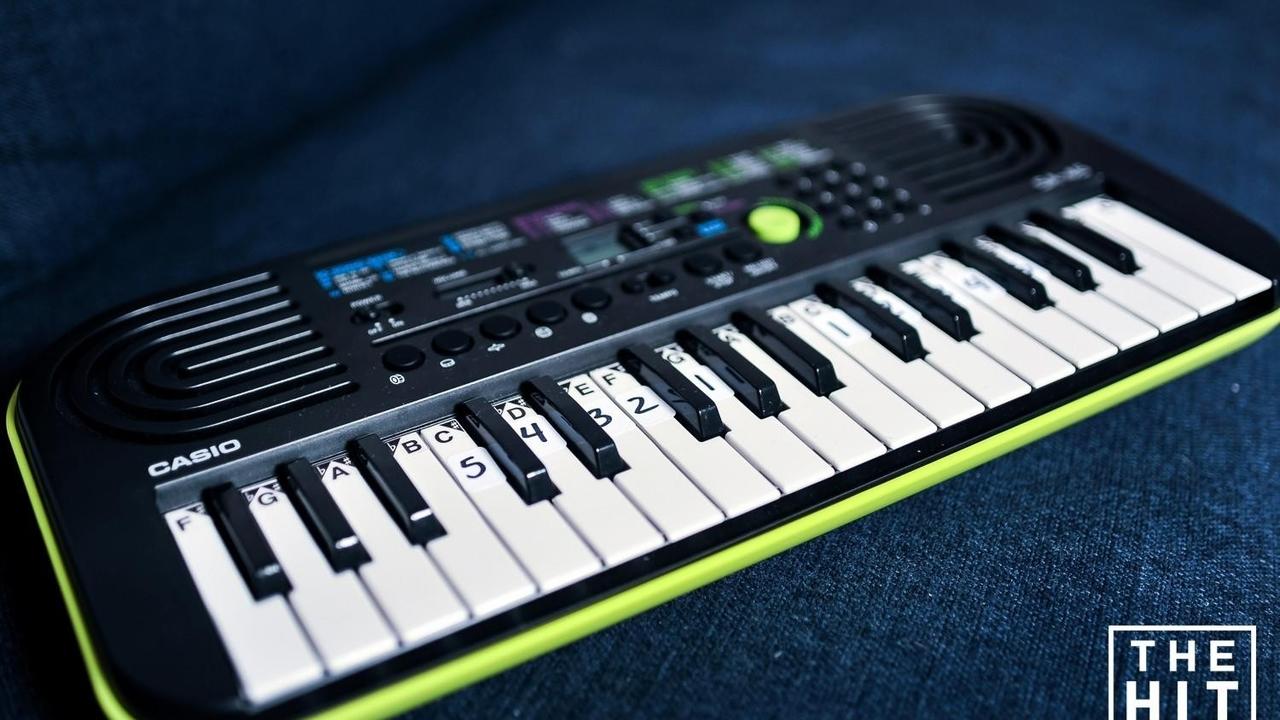
61 keys? 88 weighted action? Touch-sensitive?
Being in the market for a piano for a beginner can extremely confusing and intimidating. We get it! You don't want to overspend on your first purchase, but at the same time, you don't want to get an instrument that will break or need to be replaced in just a couple of months. No need to worry, though! We are here to help.
In this article, we share our best tips for finding a great piano that suits your needs and your budget.
Do you need 88 keys on a piano?
If your child is younger than 12, they do not need a full-size 88-key piano.
Acoustic pianos (those that do not have a power button) and keyboards with 88 keys tend to be too big, especially for students younger than 7. Sometimes acoustic pianos or digital pianos can make young students develop bad technique habits as they need to use their arm strength to produce a loud enough sound (more on how to fix this later).
The "standard" size that we recommend is 61 keys. A standard-siz...
3 Mistakes most parents make when starting music lessons
Want to Avoid the 3 Big Mistakes Most Parents Make with Lessons?
.
Mistake One: Age
It is super important that the child is the right age to start music lessons. For us, in our experience 11 years of being in business, we think it is best to wait until the child is 7 years old or in first grade. When the child is younger than this age, it tends to be very tough for them. This is because it takes longer to see results. Many times, they blame themselves for spending six months to a year on the same piece of music while their older brother or sister is going at a much faster pace just because of age. Our advice is to wait until they are seven years old or they are in first grade.
Mistake Two: Instrument
A lot of parents want to choose the instrument for the child. We do not believe that this is a good strategy because we want them to be motivated in what they are doing. In a school like ours, students are able to see other students going into the other rooms, such as the drum room...
5 Best Breathing Exercises for Beginners
What Are Some Breathing Exercises for Beginning Singers?
Breathing is the foundation of all singing. Breathing correctly is probably the most important factor in singing safely and sounding good. Whether you are new to singing or have been singing for years, it is important to review the basics of breathing. Here we have some exercises that focus on different aspects of breathing correctly. We recommend choosing one breathing exercise and completing it each time you practice, before your warm-ups. Also, make sure you rotate them throughout your practice routine. Ideally, if you are practicing 5 days a week, even for a short period of time, you will complete all five of these exercises by the end of the week.
Exercise One: Belly Book
If you want to sing loudly, you have to start by breathing to the bottom of your lungs with your diaphragm. This can be hard to practice standing up, so let us try it laying down. You will need a book or binder for this exercise. You are going to start b...
